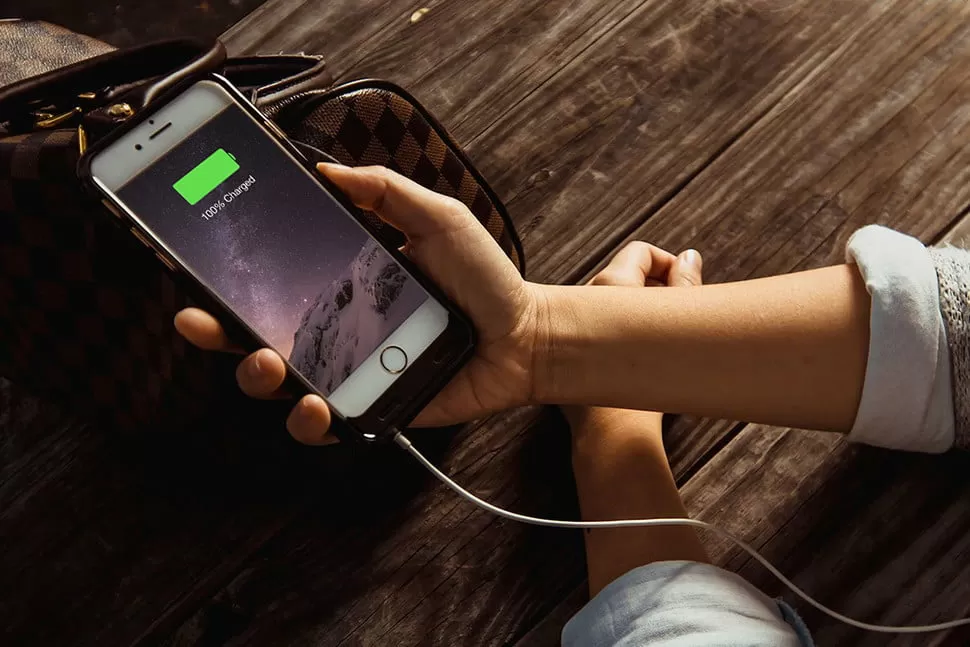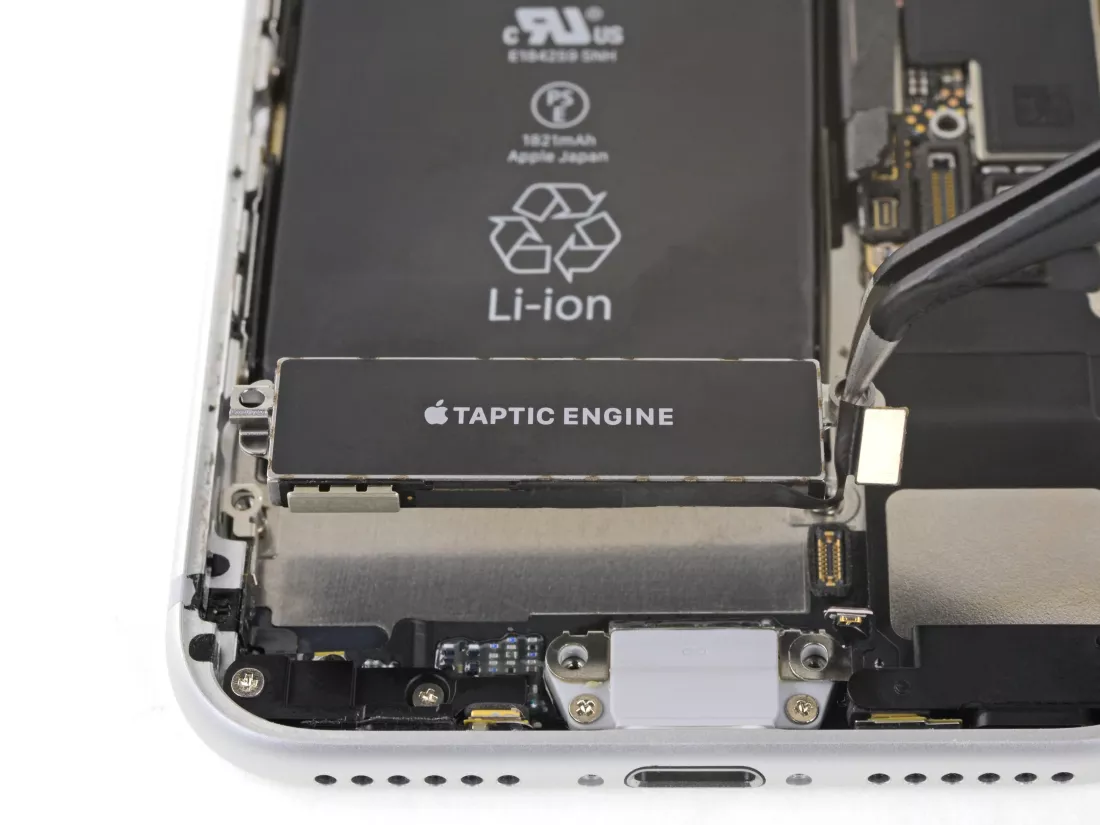What just happened? Apple's "batterygate" controversy has been dragging on since 2017, but the iPhone-throttling lawsuit looks set to be completed after a judge rejected an appeal from two owners who objected to the settlement and wanted more than the $65 they'll receive.

Following an investigation in 2017 that suggested a link between the performance capabilities of an iPhone and the age of its battery, Apple admitted that the iOS 10.2.1 (and 11.2) release for the iPhone 6, iPhone 6s, 6s Plus, iPhone SE, iPhone 7, and iPhone 7 Plus did slow them down.
While some claimed this was planned obsolescence – forcing customers to upgrade to the latest model of iPhone – the company insisted that throttling the speed of the devices with degraded batteries prevented them from spontaneously shutting down, which was happening even when the battery levels were at 30%.

Apple eventually apologized for the situation, launched a temporary discounted battery replacement program that charged $29 instead of the usual $79, and released software updates that indicated whether a degraded battery is causing throttling to occur. Users could also choose whether they wanted to enable the feature.
Whatever the truth, the fact Apple hadn't notified customers first led to a class-action lawsuit that the company settled in 2020 for $500 million, but a couple of iPhone owners objected to some of the terms and sought a larger payout. The appeal reached the 9th Circuit Court of Appeals but was recently denied.
The deadline for submitting a claim passed in October 2020. About 3 million people filed, which means those who were approved will receive around $65.
It's not just the US where batterygate continues to haunt Apple. Cupertino is also facing a $2 billion lawsuit in the UK over the controversy, a legal case that Apple says is "baseless." The company was also fined $27 million by France's Competition and Fraud body, the DGCCRF, which held Apple accountable for not informing owners of what was going on with the iOS updates. The watchdog said doing so constituted a misleading commercial practice by omission.
https://www.techspot.com/news/99804-apple-500-million-batterygate-settlement-payouts-soon-reach.html